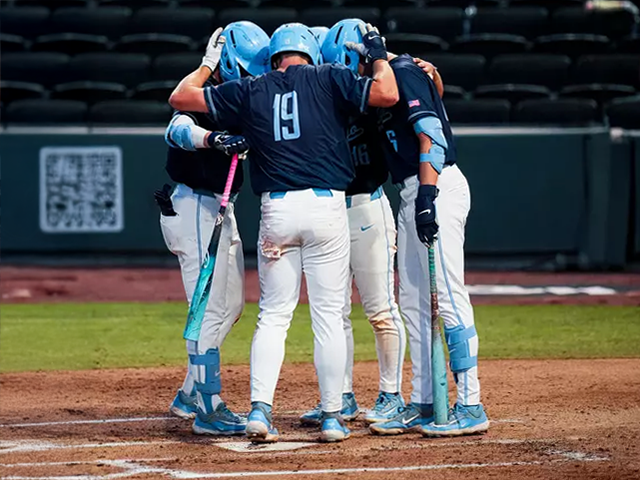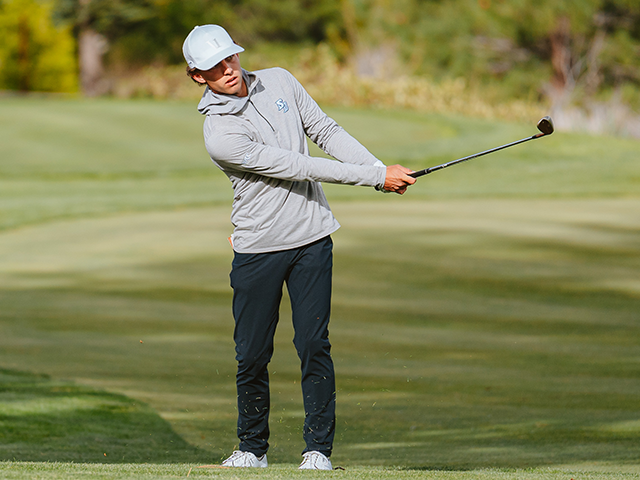2020-2021 Women PeaceMakers Focused on Improving Partnerships and Addressing Security to End Cycles of Violence

As we move into this new decade, women peacebuilders from around the world are facing enormous challenges as they work to build more inclusive and safer societies. We recognize that many of these peacebuilding challenges are exacerbated by the pandemic while, at the same time, new peacebuilding challenges are emerging. That is why, at the Kroc Institute for Peace and Justice (Kroc IPJ), we are determined to continue providing support to these vital peacebuilders.
Each year, the Kroc IPJ’s Women PeaceMakers (WPM) program brings learning and women’s leadership to the forefront. From this year’s pool of over 100 applications, the Kroc IPJ selected four incredible women peacebuilders for a 12-month fellowship, which includes a two-week residency at the University of San Diego’s Kroc School. With so much peacebuilding work going virtual in the time of COVID-19, the Kroc IPJ is excited to adapt the WPM experience to a hybrid format, moving many components of the fellowship to online spaces.
During their residency, WPM fellows will learn from and with each other, applying their knowledge and experience to tackle critical questions related to peacebuilding. In particular, they will be working with a researcher to gather key learnings and insights related to the following theme: How can international peacebuilding organizations better partner with local women peacebuilders to address the closing spaces and increased insecurity women are currently facing when working to end cycles of violence? This focus area was determined in consultation with women peacebuilders, as informed by previous WPM fellows and prioritized by Women Waging Peace Network members. According to Kroc IPJ research, learning from and with women peacebuilders, spaces that are currently closing for women peacebuilders include, but are not limited to: security and protection; the right to gather; travel and mobility; online and offline knowledge sharing; funding opportunities and access to justice. By focusing on this theme in 2020-2021, the Kroc IPJ is working toward ensuring peacebuilding projects align with the needs that women navigate regularly in their local peacebuilding contexts.
This year’s cohort of WomenPeaceMakers will be at the University of San Diego Kroc School April 3-17, 2021, pending travel restrictions at that time. During their fellowship they will guest lecture in the Kroc School’s peace and justice classes, collaborate with local organizations in San Diego, share their peacebuilding stories, and answer questions about their life's work at the Women PeaceMakers Event, as conditions allow pending global COVID-19 circumstances.
To learn more about this program, please visit our new Women PeaceMakers website.
Here are the four remarkable 2020-2021 Women PeaceMakers:
Muna Luqman (Yemen)

Muna is an activist for women, peace, and security issues in Yemen and globally. With 15 years of peacebuilding experience, she is diligent in advocating for sustainable peace processes with women at the table. In her efforts to advocate for ending the war in Yemen, Muna has briefed the U.N. Security Council and members of US Congress. Additionally, as the co-founder of Women Solidarity Network, the largest women’s network in Yemen, she has participated in high level meetings at the U.N. Human Rights Council, U.N. Women, and U.N. Environment Programme, among others, to advocate for women’s leadership and participation in the peace process in Yemen. She is a member of the International Civil Society Action Network (ICAN) Women’s Alliance for Security Leadership (WASL). Muna was also the recipient of The Eighth International Young Women’s Peace Award. She has previously worked with international nonprofit organizations including Save the Children, Adventist Development and Relief Agency-Canada, and Handicap International. As Chair of the Food4Humanity Foundation, Muna facilitates emergency response and humanitarian relief efforts for hard-to-reach communities in Yemen. During COVID-19, Muna has helped thousands of Yemeni families through her humanitarian response efforts and the Water4Peace Initiative.
Liberata Mulamula (Tanzania)

Liberata is currently a Visiting Scholar and Associate Director of the Institute for African Studies at the George Washington University, Elliott School of International Affairs. She is a Member of the Independent Eminent Persons of the 2020 Review of the UN Peacebuilding Architecture and is on the Sixth Advisory Group of the UN Secretary-General’s Peacebuilding Fund. She has also served as the Permanent Secretary of Tanzania’s Foreign Ministry, and as the first Executive Secretary of the Regional Intergovernmental Organization for Peace, Stability and Development in the Great Lakes Region covering 12 post-conflict countries of Africa and others. Liberata grew up hosting refugees from neighboring countries experiencing civil war; the injustice of their suffering motivated her to pursue conflict resolution, foreign affairs and peacebuilding. Today, Liberata is a recognized local, regional and international leader with over 25 years of experience. She is a founding member of FemWise-Africa (The Network of African Women in Conflict Resolution and Mediators), the African Union-United Nations African Women Leaders Network and the Advisory Board of Women's Platform for Peace, Security and Cooperation in the Great Lakes Region. Liberata is also a distinguished career diplomat, previously serving as Tanzania’s Ambassador to the U.S. and as Senior Diplomatic Advisor to the former President of Tanzania.
Nesreen Barwari (Iraq/Kurdistan)

Nesreen brings nearly 30 years of experience in humanitarian relief and peacebuilding across Kurdistan and Iraq. With the United Nations, the Kurdistan Regional Government, and the federal Government of Iraq, Nesreen has distinguished herself in public policy leadership. Her focus on achieving conflict resolution and building peace through good governance practices, relief programs and education has impacted the private, public, nonprofit, and academic sector in Iraq. Nesreen also serves as an Associate Professor of good governance and urban planning at the University of Duhok. Nesreen’s career began in an emergency relief program with the International Organization for Migration (IOM) and the United Nations High Commissioner for Refugees (UNHCR) assisting refugees and internally displaced persons to return to their homes following the 1991 war. In addition to being honored by the United Nations in 2003 for her work with displaced and vulnerable population in Iraq in 2003, she was also selected as one of the ten distinguished women in Arab World by Arab League in 2004 and as a Young Global Leader in 2005 by the World Economic Forum.
Slava Shikh Hasan (Syria)

Slava is an emerging leader and women’s rights activist who has worked in a variety of roles throughout her budding career as a peacebuilder. Slava previously worked with the Syrian National Coalition and Syrian Interim Government office before moving into the humanitarian sector. Most recently, Slava worked with refugee relief in Turkey, where she now lives having fled from Syria. In this capacity, Slava focuses on direct services, public relations, grant management, workshop facilitation and research. As a humanitarian field officer at a regional organization in Turkey, she directly supported refugees and internally displaced persons (IDPs), facilitated humanitarian services and engaged international actors including UN agencies. Slava has also served as an advocate for cases of detainees in Syria. Slava is a member of the Syrian Women’s Network and is committed to women’s empowerment across contexts, having coordinated International Women’s Day events with international organizations and women’s groups in Gaziantep, Turkey. Slava is also a certified dialogue facilitator and brings expertise on human rights, governance, transitional justice and peacebuilding.

The WPM Fellowship is possible thanks to support for women-led peacebuilding facilitated by the generosity of: Liz and Larry Blum, Barrie Fairley, the Jubitz Family Foundation, Carol Kerridge, Gloria Sandvik, Mary Scherr, Rosemary Straley, Marilyn and Les Williamson and other generous supporters of the program.
Advance women’s inclusion in peacebuilding around the world by supporting a WPM fellow. Historically, this 12-month fellowship costs $30,000 per WPM fellow. To make a contribution to this fellowship (every little bit counts), please visit this webpage or contact the Executive Director of the Kroc IPJ directly: andrewblum@sandiego.edu.
Contact:
Justin Prugh
jprugh@sandiego.edu
(619) 260-7573


